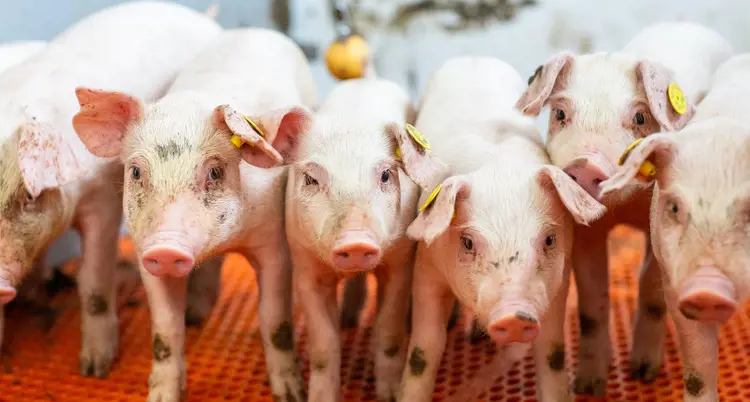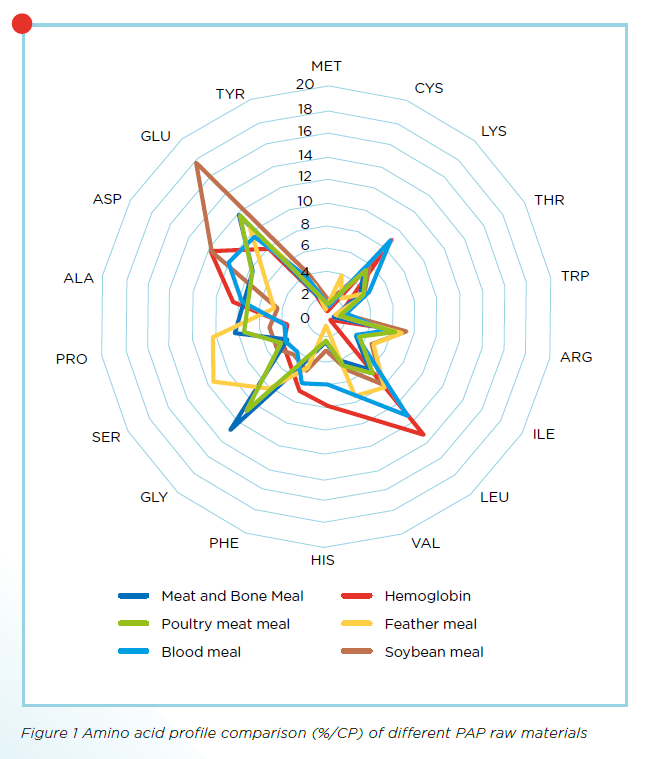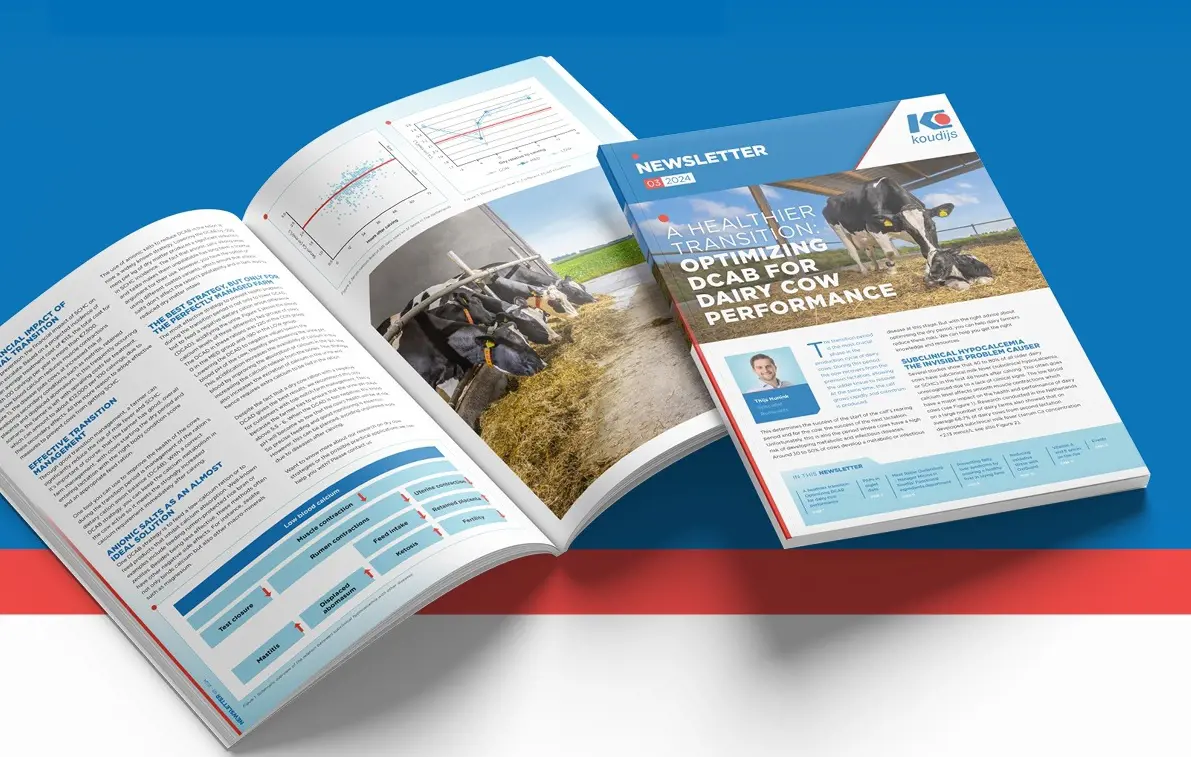PAPs in piglet diets
Effects and experiences of PAPs in diets on piglets’ performance. A short wrap-up of knowledge and practical experience. Since 2021, the use of avian processed animal proteins (PAPs) has been re-authorised in pig feed within the EU. This re-authorisation has a significant effect on piglet feed production when you want to add PAPs to piglet diets.

PAPs in piglet diets? Big effect on production
Careful consideration should be given to the production conditions when using PAPs in the factory. Since only avian PAP is allowed in piglet, there should be absolutely no contamination with poultry and bovine feed. Consider production of feed for only one animal species or have completely separate production lines, storage and silos.
What are PAPs?
Processed animal proteins are derived from category 3 material (in Europe). This means that they are low risk animal by-products fit for human consumption. Examples of raw materials classified as PAPs include meat and bone meal (MBM), poultry meat meal (PMM), blood meal, feather meal, haemoglobin, insect meal and fish meal.
When used correctly, PAPs are highly digestible protein sources and can contain up to double the level of protein compared to soybean meal (SBM). Figure 1 shows that MBM for example, contains sufficient essential amino acid levels, which can be easily implemented in pig diets.

Poultry meat meal lowers CO2 footprint
Because PAPs are by-products, they fit sustainability concepts and have a favourable CO2 footprint.
The real effects of PAPs on piglets’ performance based trials and practice
There are no significant or even measurable effects noticed on performance when PAPs are added to the diet. PAPs can replace fish meal and SBM by up to 5% without a negative effect.
PAPs have a slightly positive effect on taste but cannot replace the positive effect on blood plasma intake.
PAPs in diets have no effect on mortality but can increase the quality of piglets e.g. due to less necrosis and biting.
High-quality protein sources like soy protein concentrate or potato protein can be partially replaced by PAPs without a negative effect on digestion.
A positive effect which is often noticed is that piglets seem to be less sensitive to (ear) necrosis and biting, especially in difficult climate and housing conditions.
Furthermore, when low-protein diets are necessary and piglets are sensitive to necrosis and biting, PAPs sometimes have a positive effect. The higher glycine in PMM may partially explain this effect.

Read the latest version of the Koudijs newsletter!
Read hereAbout the author

Suzanne Hendrikx
Specialist Swine
Do you have any questions or would you like more information? Get in touch with Suzanne.


